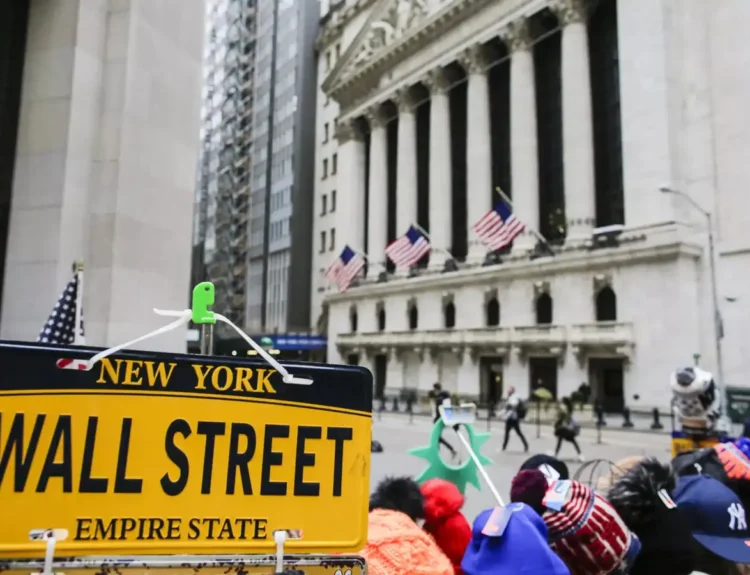For investors, uncertainty in the market is table stakes. No matter how convicted you are that the market will move in one direction or another, there’s no way to actually know what tomorrow will bring.
But what if you had a proverbial crystal ball? A recently published study from investing firm Elm Wealth put this idea to the test with 118 adults, 90% of whom were in graduate finance or MBA programs.
In November 2023, participants were given $50 and the chance to trade the S&P 500 and 30-year Treasurys based on the information on the front page of The Wall Street Journal 36 hours in advance, with dollar figures and asset prices redacted. The game, which you can play for yourself online, featured old headlines from 15 trading days — one per year from 2008 to 2022. In each case, participants could trade as if they knew the future a day before the news broke.
Despite the participants’ credentials, the results were dim. About half of participants lost money, and 1 in 6 went broke. The average gain: just 3.2%.
Is the study perfectly scientific? Of course not. But the results go to show that, even with expertise, and even given access to advance information, getting things right as an investor over the short term is a tricky game.
“In the long run, what you should do is buy, hold and close your eyes,” says Sam Stovall, chief investment strategist at CFRA. “Newspapers will assist investors in merely playing a losing game of Whac-a-Mole.”
Short-term information is unlikely to help over the long haul
So why couldn’t the investors in the study get it right, even with advance notice?
For one thing, even if you know generally how markets function, there are no hard and fast rules. An announcement of an interest rate cut or better-than-expected jobs numbers would generally tend to propel stocks upwards, but not always.
Plus, one analyst may look at a piece of market data and determine that things will go up, while another sees it as a bad omen for markets, Stovall says.
When reading market takes, whether it’s in advance or not, “you’re getting someone else’s opinion,” Stovall says. “And a lot of times, the opinions could be wrong.”
What’s more, even with advance knowledge, the traders in the experiment were unsure how to size their bets — their likeliness to be right about a particular move showed no correlation to how much they invested.
“Even with access to information, getting things right in investing is incredibly difficult, from knowing how to position the size of your investment all the way to knowing specifically which companies that you should invest in,” says Doug Boneparth, a certified financial planner and president of Bone Fide Wealth.
How to invest when you don’t know the future
For the average investor, it’s generally smart to avoid trying to time the market over the short term. Instead, rely on the long, upward historical trend of the broad stock market to help you build wealth over time.
“What’s right for most retail investors is, participate in the market for the long term by being a passive investor, keeping your costs low and controlling your emotions when things get wild,” says Boneparth. “These tried-and-true, long-term, very disciplined ways of going about investing are ultimately what work. The challenge is, they’re often boring.”
Indeed, investing in a diversified portfolio and holding it over the course of decades is the classic model for building wealth — but also one that’s unlikely to get anyone excited while it’s actually happening.
That’s why news outlets cover the day-to-day horse race of financial markets, says Stovall. It makes for much more interesting reading. “Short-term investing is merely a form of entertainment,” he says.
That’s why, if you want to get your blood pumping trying to figure out what will happen next in the market, it may make sense to designate a small portion of your investments to have your fun wheeling and dealing.
“Having a well-diversified portfolio is what you should do, but if you want to make trades and do stuff like that, do so in an account where it wouldn’t matter if you lost everything,” he says. “You’re doing it for entertainment.”
The news was featured on CNBC.










